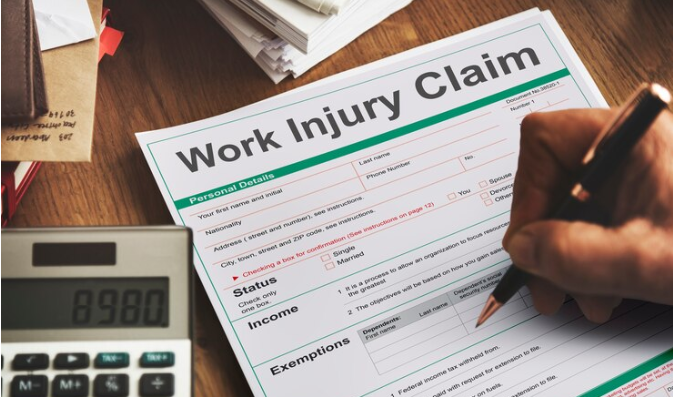Workers' Comp Claim Denial
The point of filing a workers' compensation claim is to get medical care and pay for lost wages for injured workers. But not all claims are accepted. In Texas and many other jurisdictions, there are a number of reasons why a workers' comp claim could be denied. Some of these reasons are valid, while others may be open to dispute. Knowing these factors can help both employees and employers get through the claims process more easily.
The Injury Didn't Occur At Work
A lot of the time, a workers' comp claim is turned down because the injury didn't happen while the person was working. If an employee gets hurt while commuting, doing a personal errand, or not working, the claim may not be valid. The injury must happen while the employee is doing work-related tasks or acting in the employer's best interest for the claim to be approved.
Reporting or Filing Late
Timing is very important when it comes to workers' compensation claims. The claim may be denied if the injured worker doesn't report the injury right away, which is usually within 30 days in Texas. The same goes for the employee: if they don't make a formal claim with the Texas Division of Workers' Compensation (DWC) within a year after the accident, they may lose their access to benefits. To get your claim approved, you need to report and document it quickly.
Insufficient Medical Evidence
A workers' comp claim needs to have reliable medical proof that connects the injury to the job in order to be successful. Insurance providers may deny a claim if a doctor thinks the injury could have happened outside of work or if there isn't a definite diagnosis. Not going to medical visits or following treatment programs might also harm the credibility of the claim.
Pre-Existing Conditions
The insurance company may deny the claim if it thinks the injury is due to a pre-existing ailment and not the employment. If a person's work activities make their pre-existing ailments worse, they may be able to get compensation. However, it is up to the employee to prove this.
Misconduct or Intoxication
If the employee was drunk or high when the injury happened, or if it happened during horseplay, fighting, or other willful wrongdoing, the claim can also be refused. After an incident at work, employers commonly ask for drug tests. If the test comes back positive, the employee will automatically be denied unless they can show that impairment wasn't a factor.
Conclusion
There are a number of reasons why a workers' comp claim could be refused, such as reporting it late, not having enough proof, becoming hurt at work, having a condition before the injury, or breaking the rules. Workers can make stronger claims and avoid making expensive mistakes by being aware of these hazards.






